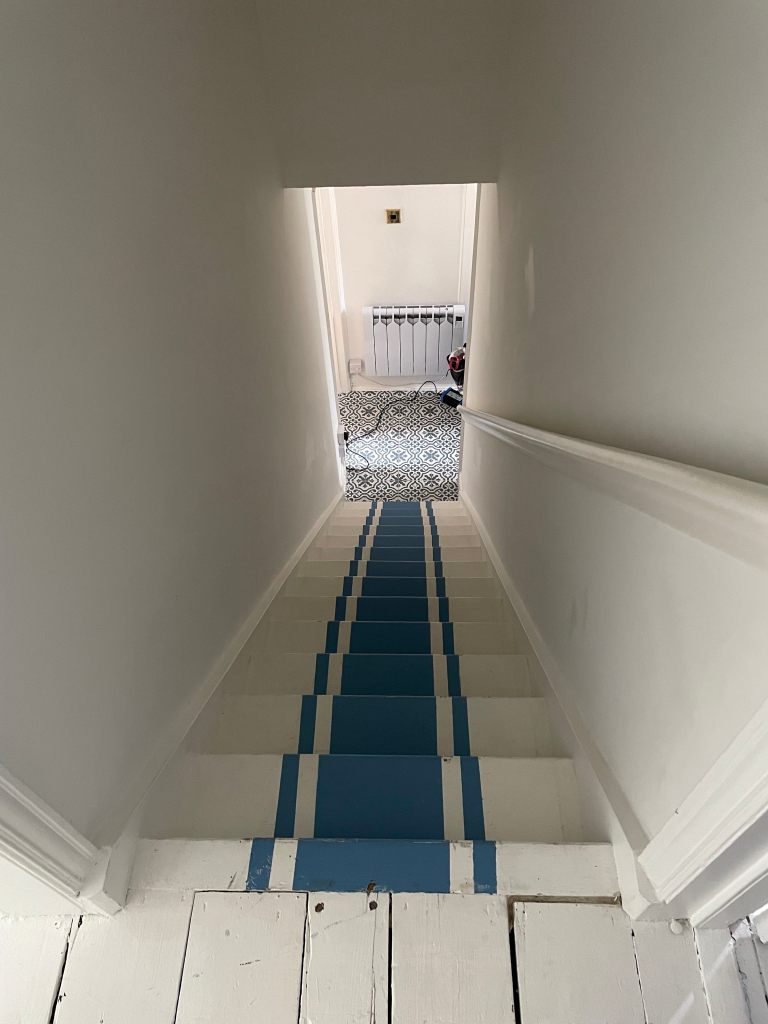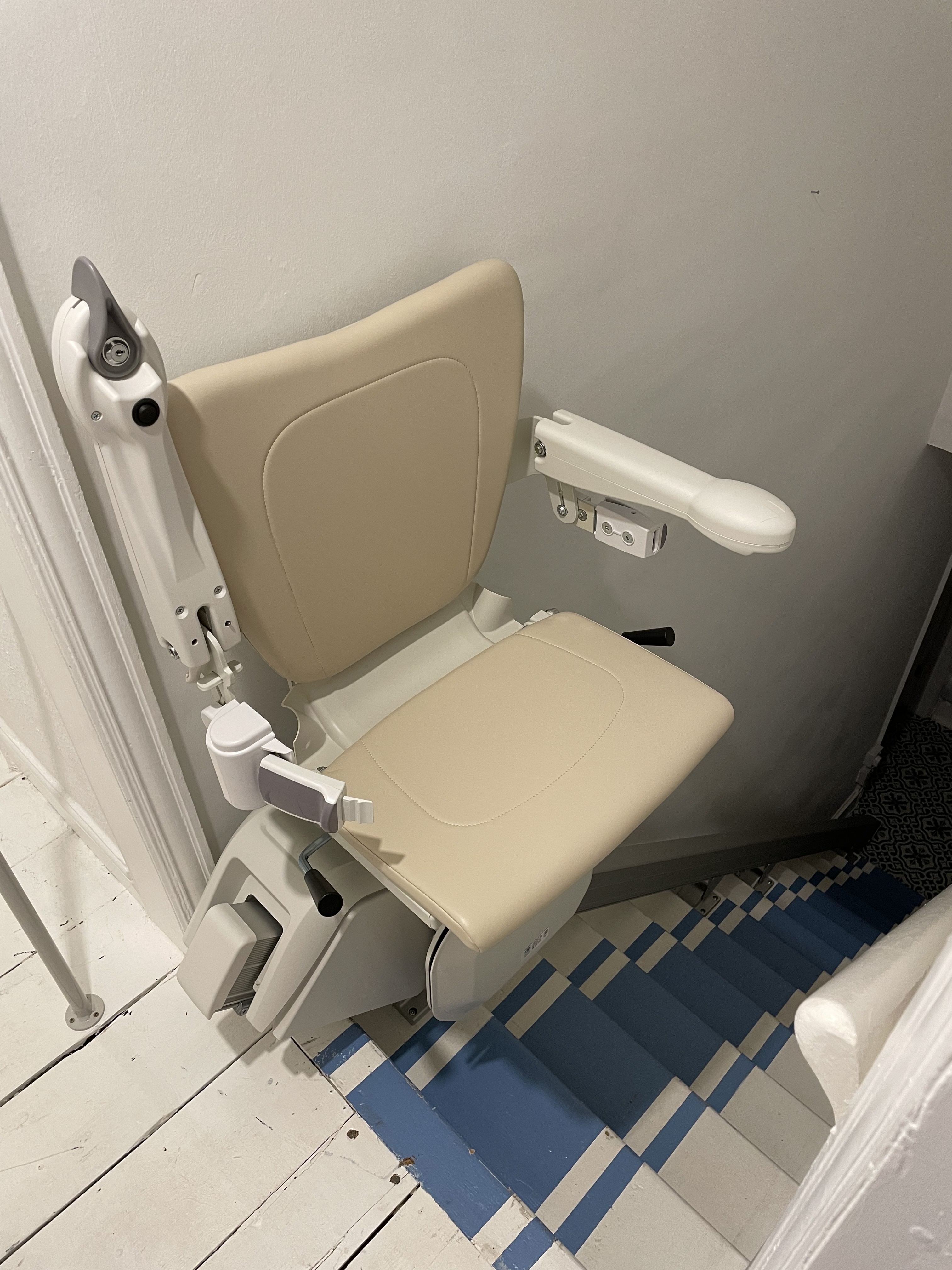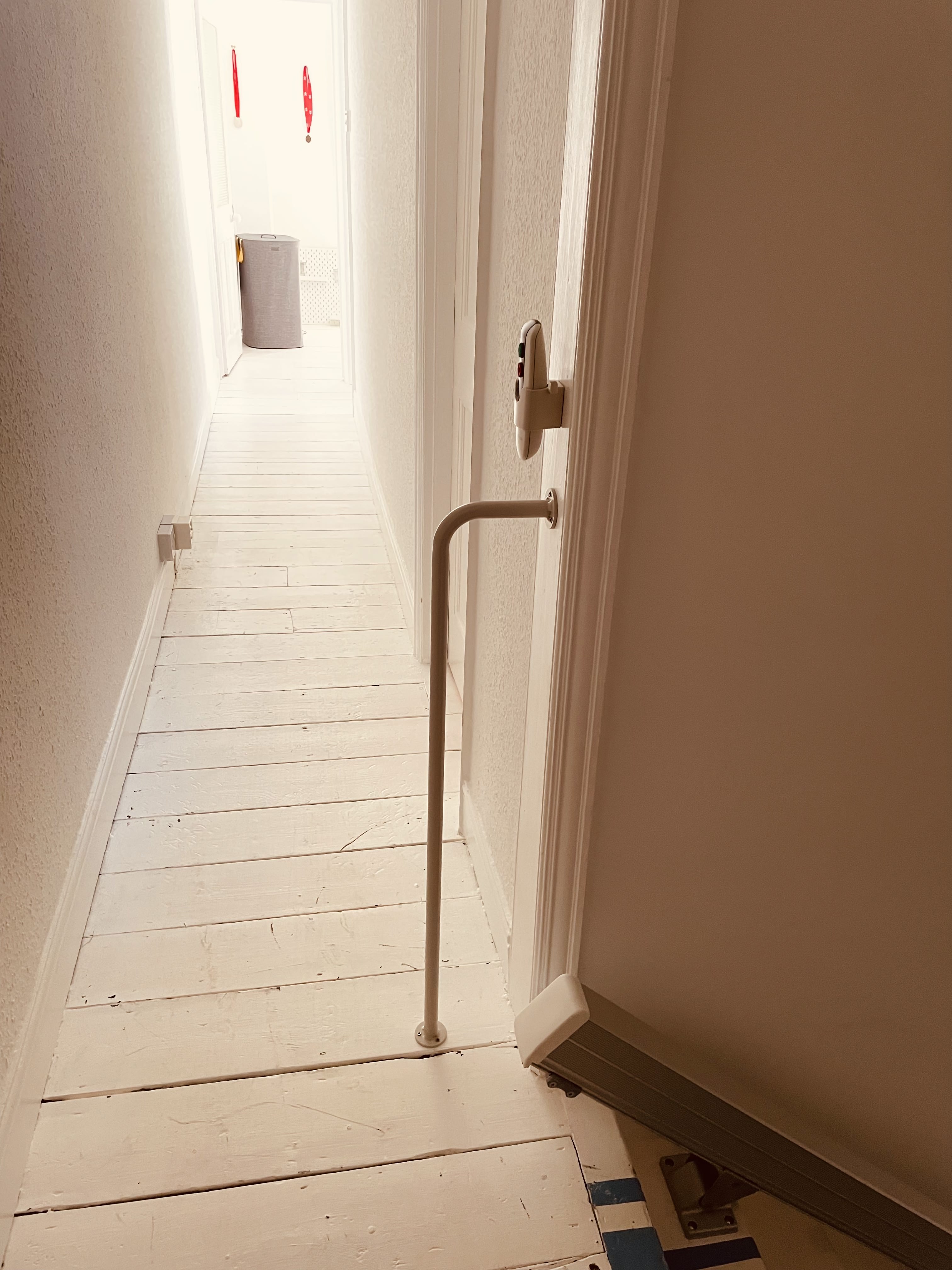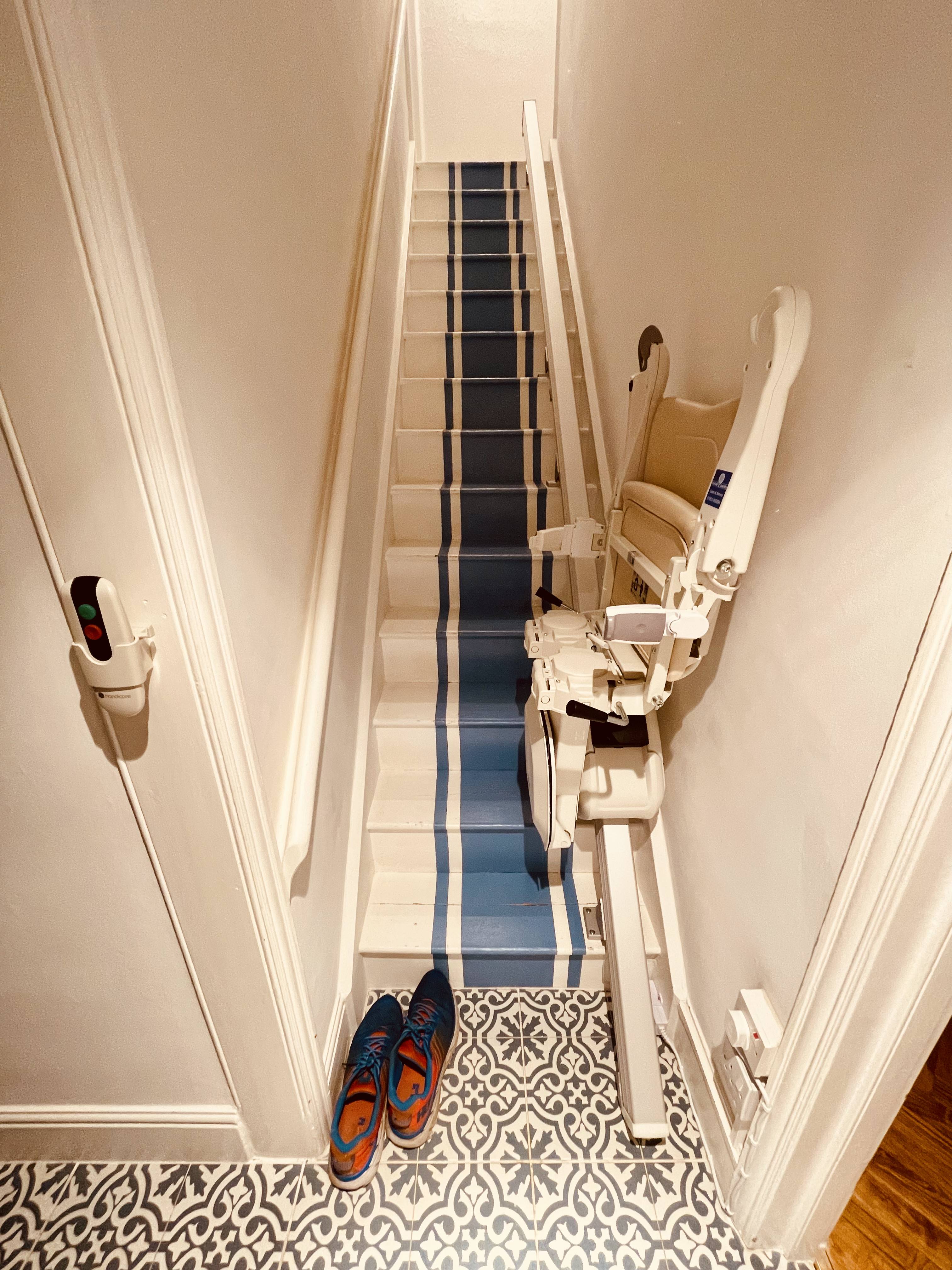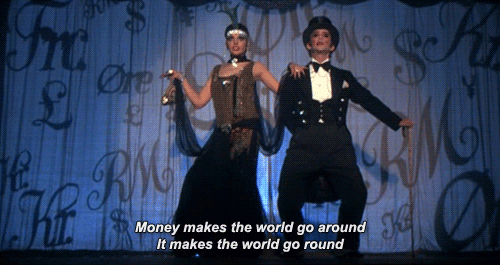Tags
Blog, chronic fatigue, chronic-pain, health, heart failure, medication, Mental Health, NHS, personal
We’ve lived here in this small city for 8 months now, owned the house for 9 months – not that you’d know it with us not even being fully unpacked, rooms half painted and half-finished. Despite our slow progress, it’s been easy to settle into life here. Our neighbourhood is calm but cheery. The right mix of students and families. Norwich doesn’t have an awful lot going on, at least compared to London, so there’s less choice when it comes to gigs and theatre, but at least we have some choice at all even if the University is the largest music venue on offer! It doesn’t lack in independent coffee shops and record stores, either. Change hasn’t been so hard, I was expecting more pushback from my subconscious. Maybe it’s just that our home is so lovely it’s making it so much easier to adapt. At least for the most part. Nothing is ever actually so simple…
I knew when we moved I’d have to shuffle some medical stuff around. A few things would have to be re-referred up here, but some would stay based in London where the speciality centres were. I wasn’t expecting to find myself a victim of NHS postcode lottery, though. My new GP flagged it up almost immediately when reviewing my medication list – “oh, that might be an issue…”. Modafinil. It’s a narcolepsy medication, which my cardiologist prescribed to me off-label near the end of 2020 in the hopes it would help the crushing fatigue and cut through the brain fog a bit, give me more ‘useful hours’ to work with. It’s not a miracle drug but has made a marked difference to me, especially in terms of preventing ‘rebound naps’ within a few hours of getting up (which used to be almost daily) and in the amount of focus I have (already terrible thanks to unmedicated ADHD, brain fog makes it far worse). On Norfolk’s NHS prescription board, however, Modafinil is Double Red listed (I presume based on abuse potential, not cost), which means it can only be prescribed for narcolepsy and must be prescribed by a specialist in this disorder. This obviously doesn’t include me. I’ve appealed to the board twice via my GP, but to no avail. My next options are to wait 6 months for my next cardiology review to see if they can prescribe it to me directly again (unlikely as they prefer your GP to do this after the trial prescription) or to pay for a private GP appt and private prescription (expensive to the point of being unsustainable long term). Getting some kind of delayed reprieve from the board based on having taken the medication successfully for three years with only positive effects is, sadly, unlikely to happen.
So as of now, I’ve been almost three months without the medication that helped me manage a bit more like a functioning person. For a month or so as I was running out I picked the days I wanted to take the Modafinil, based on how long I’d have to be awake or how much I needed to do that day, and took my last dose on Christmas Day. Inevitably I started spiralling a bit as I reached the last dose, anxious about losing what function, what hours of clarity and ability I had. It’s been better than I’d feared, in reality, but it’s been quite foggy and I don’t feel my year really started until mid-February. It’s nearly the end of March now and this is the most I’ve written at once so far this year (two coffees don’t really have the same effect). Before this happened, I had no idea the kinds of medications that could be affected by moving to a different NHS prescribing area; I thought it was something that only affected expensive procedures like IVF, or expensive drugs for very specific cancers. I knew that some treatments weren’t available in all areas; years of hitting a brick wall with trying to get the recommended hydrotherapy in my London borough come to mind. It never occurred to me, though, that I should double check that I’d still be able to take all my prescribed medication when I moved within the same country!
It feels pretty cruel when it comes down to it, taking away something that was helping me be more productive, less fatigued, more me. I feel sometimes like I wasted a lot of those three years taking the medication, not learning or studying or writing enough, when it might have been as un-fatigued as I was ever going to get. I’m certainly not giving up my quest to get it back, but there’s not going to be a solution that’s both quick and inexpensive.

